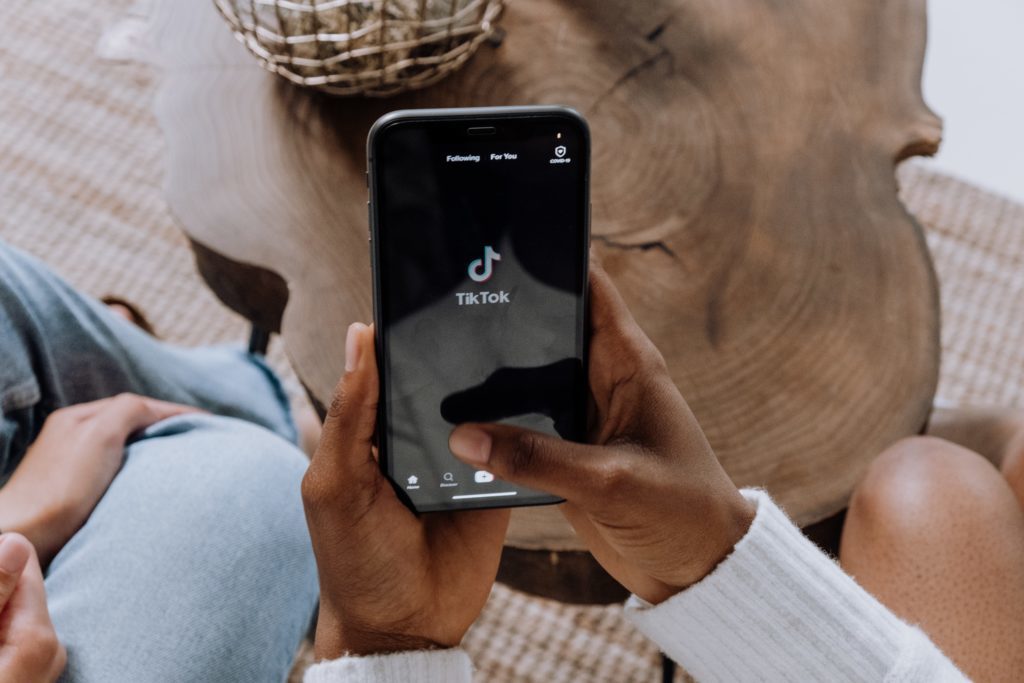
A California court halted the U.S. Department of Commerce ban placed on the WeChat app on Sunday. A statement released by the department confirmed that the TikTok ban will also be delayed until Sept. 27, 2020.
Judge Laurel Beeler, who granted the injunction against the implementation of the ban on WeChat, wrote in her order that the app serves as the only means of communication for those in the Chinese-American community. The injunction had been sought by U.S. WeChat Users Alliance, a non-profit organization created by a group of lawyers.
The ruling comes after the administration of U.S. President Donald Trump announced that the TikTok and WeChat bans were to come into effect last Friday, stating that the apps would be banned because of U.S. national security concerns on how user data is being used by the Chinese government, according to Vox.
The ban originated in two executive orders that were issued by Trump on Aug. 6, 2020. According to CNN, the orders stated that unless the two apps were sold by their respective Chinese parent companies to an American company by Sept. 15, 2020, any transferring of funds or processed payments on the apps would be blocked.
Microsoft, Walmart and Google were among some of the companies bidding to get a stake in TikTok.
Trump announced that he gave his “blessing” to a deal between Oracle, Walmart and TikTok, according to The Verge. A new company, Tik Tok Global, will be based in Texas and will run all TikTok operations in the United States. Chinese officials have yet to confirm this deal.
According to an Oracle press release on Saturday, the CEO of the company, Safra Catz, announced that Oracle will become a minority investor in TikTok Global.
TikTok is an app that has been downloaded over 175 million times by users in the United States alone, and WeChat has been valued at over $500 billion as of mid-May of this year.
Jesse Jaurji, a fourth-year sports media student at Ryerson, uses TikTok to create primarily comedic content to share with over 120,000 followers. “When I first heard about the ban, I honestly thought it was a joke. Just another thing that Trump said at a rally or something. But now knowing that it’s a real thing, it’s just weird to me,” Jaurji said.
“For the Gen Z population, I definitely don’t think they’re taking it well. For a lot of us, TikTok has become an escape. A place where we can be creative, laugh, learn, and we need that outlet now more than ever,” Jaurji said.
Through the hashtag #tiktokban, some users have expressed their thoughts on the TikTok ban announcement that came in Friday morning.
“Many are addicted to the app… I know for myself and my friends we’ve noticed our attention span go down for movies and even YouTube because we’re used to watching a 15- to 60-second TikTok and then switching to the next one,” says second-year media production student and TikTok content creator, Ben Moffitt.
TikTok revealed the way its algorithms work earlier this month. According to Axios, “TikTok’s algorithm uses machine learning to determine what content a user is most likely to engage with and serve them more of it.” This can often result in the reinforcement of conspiracy theories and hoaxes. They are currently studying how user data may be linked to the spread of this misinformation.
Nicole Blanchett, an assistant professor in the Ryerson School of Journalism, said that although she doesn’t have the intelligence reports that Trump and his team do on how TikTok works, “the narrative for this decision is that it’s being made based on data security issues.”
Blanchett questioned the focus on TikTok and China when there is evidence of election interference by the Russians via Facebook. She said that the “announcement also serves the purpose of distracting from the expansive domestic issues related to COVID-19 and racism.”
At present, the deal made between Oracle, Walmart and TikTok has yet to be finalized.
The Trump administration has yet to comment on the injunction issued by the court.
